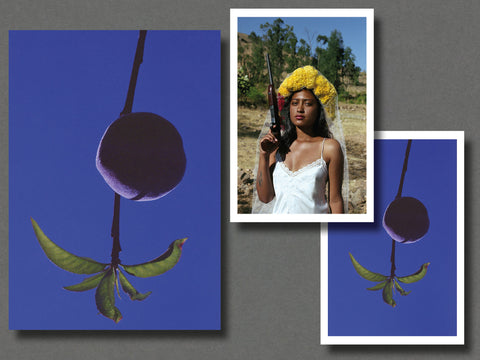
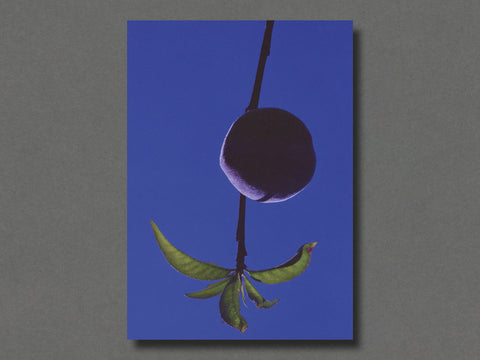
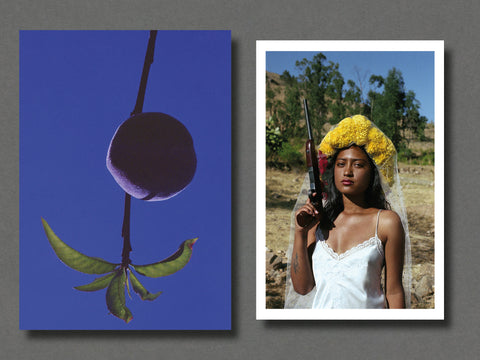
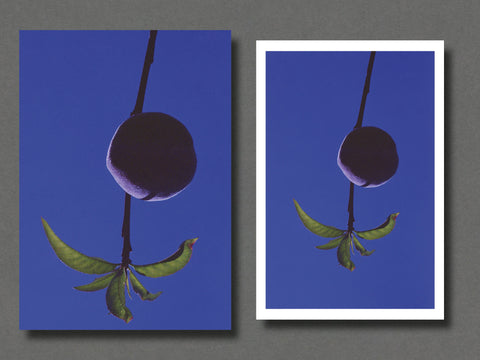
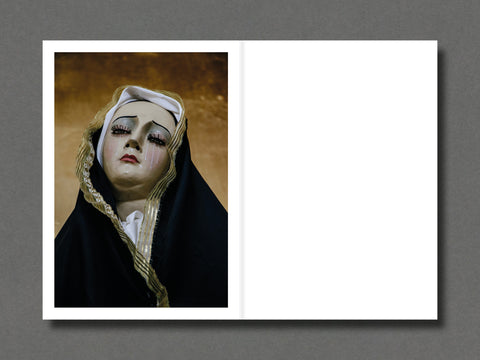
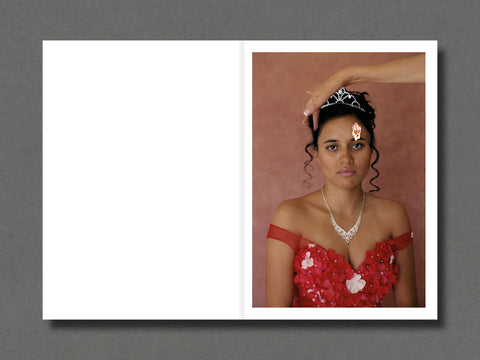
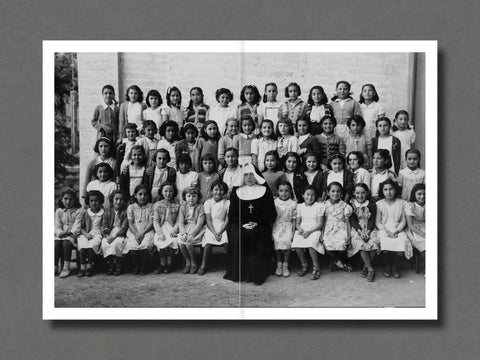
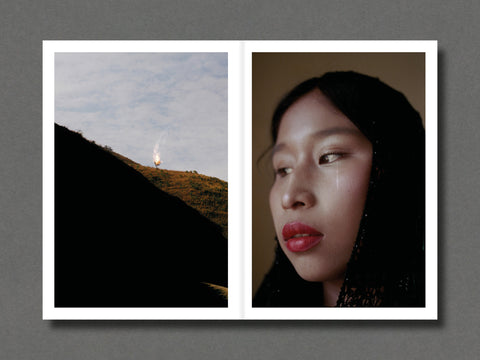
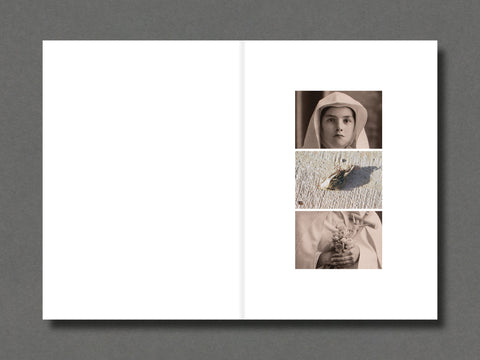
Madre
2023
Madre by Marisol Mendez (2023)
Specifications
- Handmade softcover with French flaps
- Limited edition of 250 signed and numbered copies
- Texts by Elisa Medde (English) and Cecilia Pavón (Spanish)
- Kettle Stitch binding, hand sewn
- 25 x 17 cm
- 84 pages
- 44 images
About the Special edition with Prints
- Each print is in an edition of 15 numbered and stamped copies
- Signed by Marisol Mendez on verso
- Printed on Hahnemühle Matt FineArt
- 25 x 17 cm / 10" x 7"
- 0.5 cm / 0.2" white border
Please note that the special edition will go up in price in increments of £25 for each 5 copies sold.
About
MADRE interrogates the whitewashed, phallocentric and colonial representation of womxn in my native Bolivia. The project is an exploration of the feminine as it wrestles with religious and cultural interpretations that are dogmatic and reductionist, confining womxn to either the image of the holy Virgin Mary or the sinner Mary Magdalene. Weaving together Andean folklore and Catholic iconography, the book spotlights the complexities of contemporary Bolivian identity and reflects on the country’s diverse and multifaceted culture.
MADRE also includes archival images from my family album that depict female relatives, on which I intervene to subvert their original meaning or add a new layer of symbolism. Ultimately, the archive functions as a bridge to reconnect to my matriarchal lineage. Situated between fiction and documentary, the images paint a world interconnected by physical and mythological elements—a dance between the upper and inner worlds of Incan mythology. Here, womxn experience change, loss, decline, and death.
Preconceived biases or prejudices about the womxn in the portraits are challenged by their piercing gaze, which returns that of the viewer. I spent hours conversing with my subjects about patriarchal and one-dimensional representations of womanhood, and collaborating with them on how they would like to be photographed. The outcome is a protest in the face of unjust depictions that erase the nuances of what it means to be a womxn in Bolivia with an inherited past of colonisation, patriarchy and interlacing faiths and religions.
Related Links
